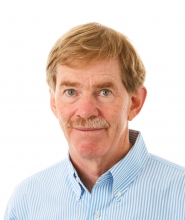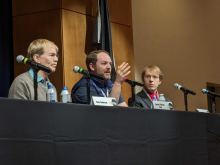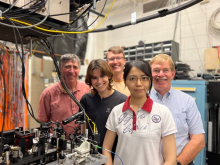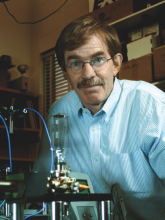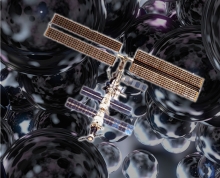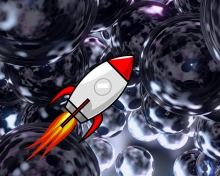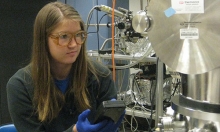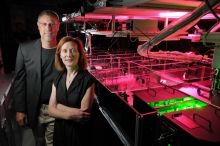News
JILA Fellow Dana Anderson celebrates landmark milestone as Infleqtion goes public on the New York Stock Exchange
Published:
JILA Fellow Dana Anderson Speaks on Quantum Computing at the 2024 Conference of World Affairs
Published:
NASA Awards Grant to Group of Quantum Institutes Including JILA and the University of Colorado Boulder for Researching Quantum in Space
Published:
JILA Fellow Dana Anderson’s Work at his Company ColdQuanta is recognized by TIME Magazine
Published:
Henry Kapteyn, Margaret Murnane, and Dana Anderson Capture CU-Boulder Technology Transfer Awards
Published:






